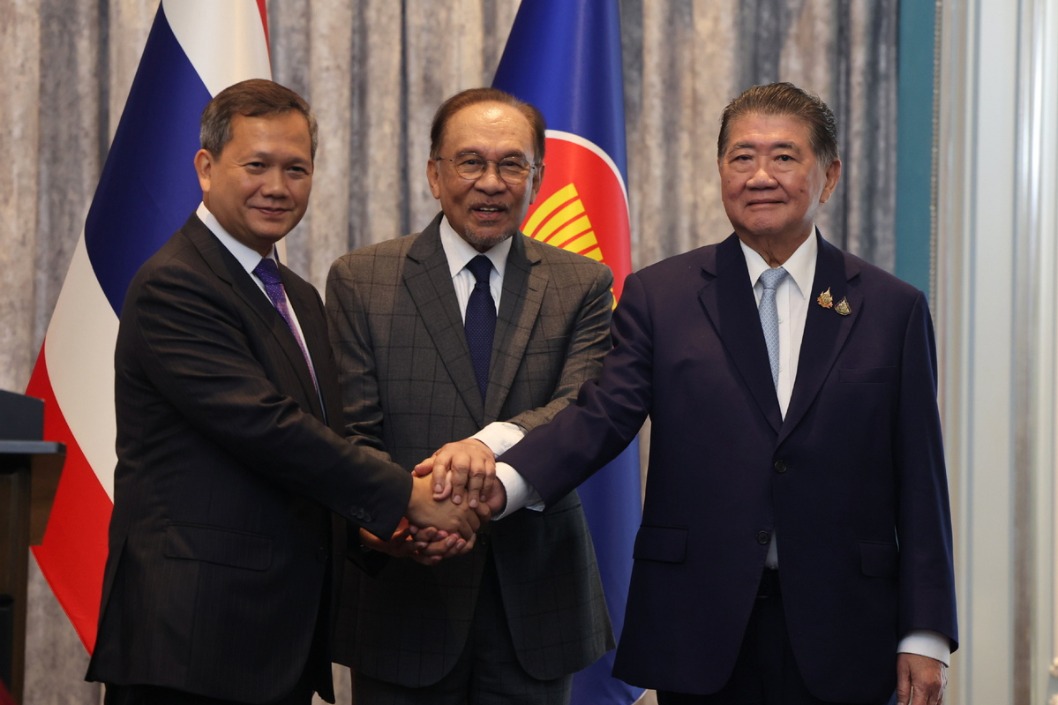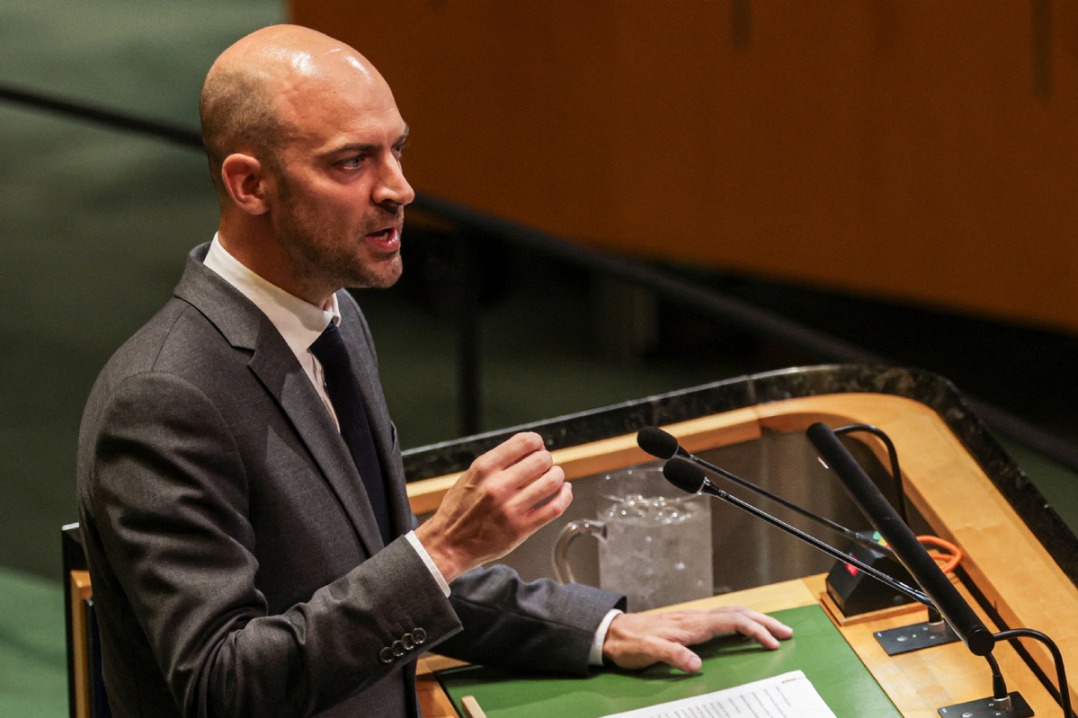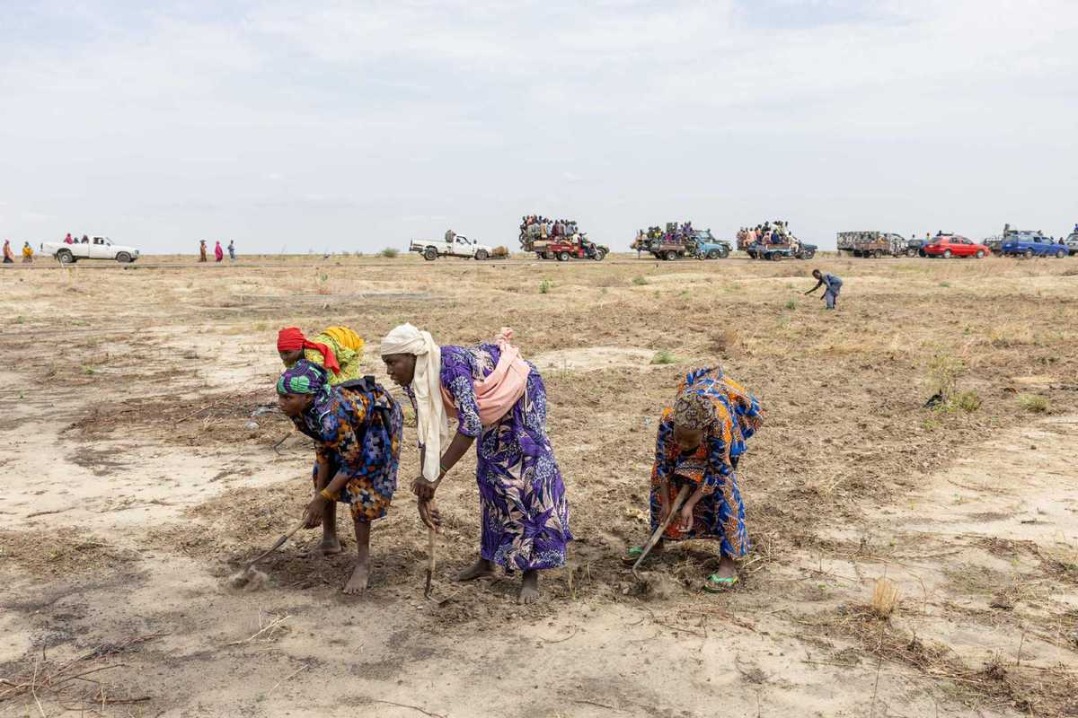European election could change political landscape


With an uncertain Brexit and a rising populist and nationalist movement, the European Parliament election that kicks off on Thursday is poised to produce a different political landscape for the continent.
The Netherlands as well as the United Kingdom, which will participate in the election due to the Brexit delay, will vote on Thursday. Ireland and the Czech Republic will go to the polls on Friday. Slovakia and Latvia will cast ballots on Saturday, with Czechs continuing to vote that day, and the rest of the 28 EU member countries will go to the polls on Sunday.
Just a few days before the election, Olivier Paques, a Belgian, said in Brussels that he will vote, but still has no idea which party to vote for. "I would say that I am more concerned with the economy," he added.
In Paris, Anne Magnier said, "I am not interested in politics, so I think I am not going to vote." The French woman said she voted in the French presidential election but not EU elections.
More than 420 million people are eligible to vote this time, but many expect the turnout in the election to be not much higher than the previous election in 2014, when average turnout was 42.6 percent, compared with 62 percent in the first election in 1979.
Voters will elect the 751 members of the European Parliament for five-year terms, with the number of seats for each member state decided by its population. Germany gets the most seats, with 96, while six each are guaranteed for the smallest states, such as Luxembourg and Malta.
Once the UK leaves the EU, its 73 seats will be rearranged, with 27 to be redistributed to the remaining member states and 46 to be retired.
In a seminar at the European Institute for Asian Studies last week, Bart Vodderie, the Brexit coordinator at the Belgian Ministry of Foreign Affairs, questioned the rationale of the UK joining the vote because they "will elect people to the European Parliament whose main purpose is not to make it work".
Once elected, members of the European Parliament often join the eight current major political party groups. The largest and most powerful group has been the central-right European People's Party, a coalition of Germany's ruling Christian Democrats and French leading opposition party the Republicans. It is followed by the central-left Party of European Socialists.
Candidates supported by the major political groups for the post of European Commission president have already engaged in rounds of debates, but whoever gets the job is likely to be the result of a power play and compromise among different member states.
Manfred Weber, a member of the European Parliament from Germany and the candidate of the European People's Party, is the front-runner to replace Jean-Claude Juncker. But Agence France-Presse reported that Weber's main sponsor, German Chancellor Angela Merkel, is at odds with French President Emmanuel Macron, who opposes him.
According to a European Parliament report, immigration, economy, youth unemployment, fighting terrorism and climate change are the top five priorities among EU citizens.
Many have also expressed concerns at the rise of far right-parties, which appear set to secure a sizeable number of seats. Protesters rallied in more than a dozen countries last weekend over such concerns.
Almost at the same time, European nationalist parties from 11 member states also rallied in Milan, Italy, last week. Italian Deputy Prime Minister Matteo Salvini, who was on the center stage of the rally, did not like being called far right.
"Here, there is no far right. Here, there is the politics of common sense. The extremists are those who have been ruling Europe for 20 years in the name of precarity and poverty. On May 26th, we go and take Europe. We go and change this Europe," he told supporters.
A Pew survey of 10 EU states released on Monday indicated that a median of 40 percent approved the way the EU is handling European economic issues, with 38 percent approving of the handling of Brexit and 23 percent the handling of the refugee issue.
Majorities in most of the nations polled believed that when children in their country grow up, they will be worse off financially than their parents.
A median of 51 percent believed their country should allow fewer immigrants into their country or none at all.
Dai Yujun and Euronews contributed to this story.

































